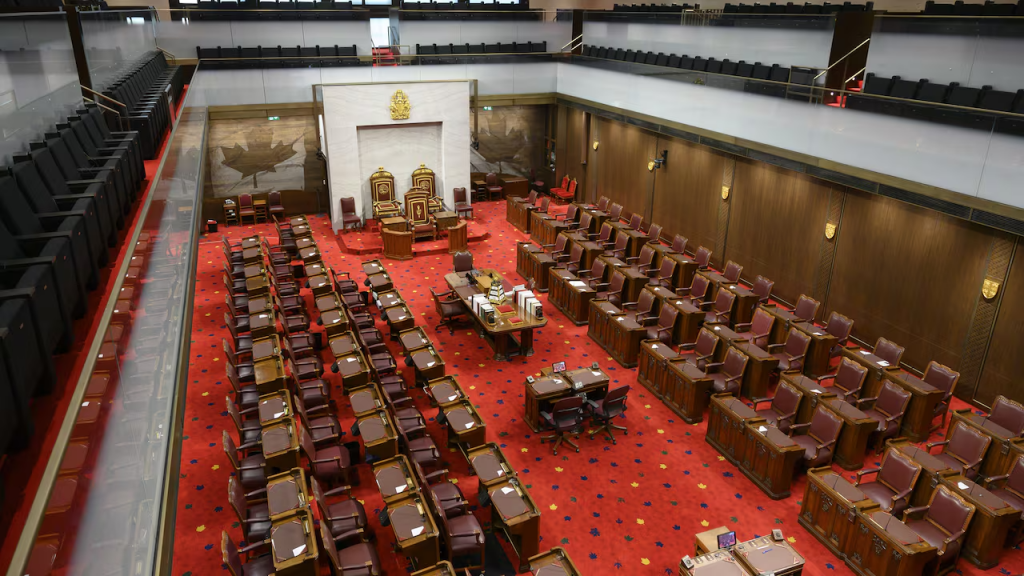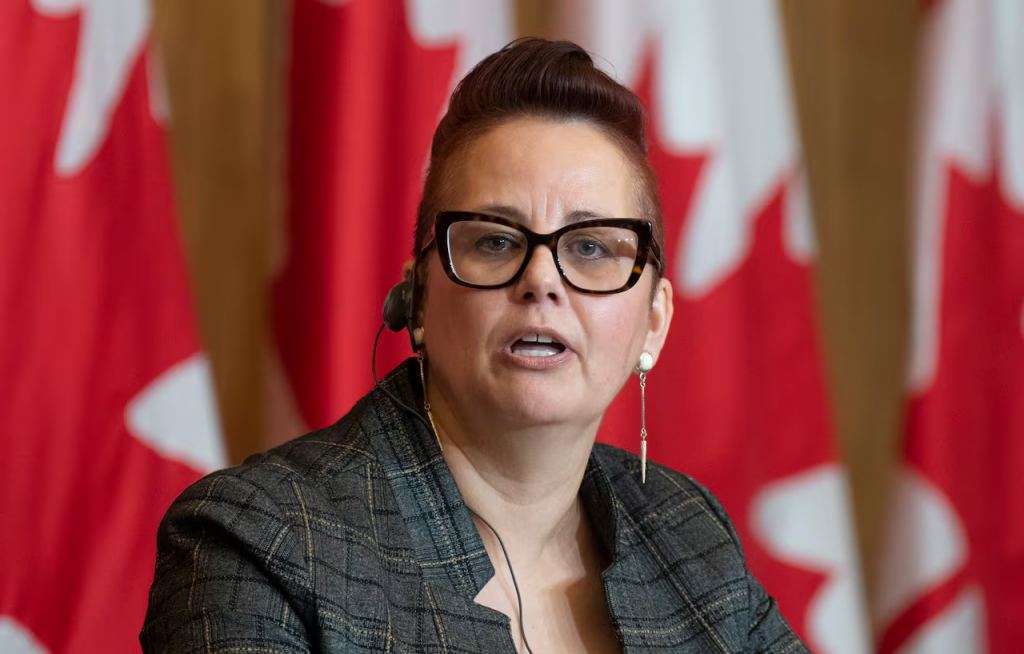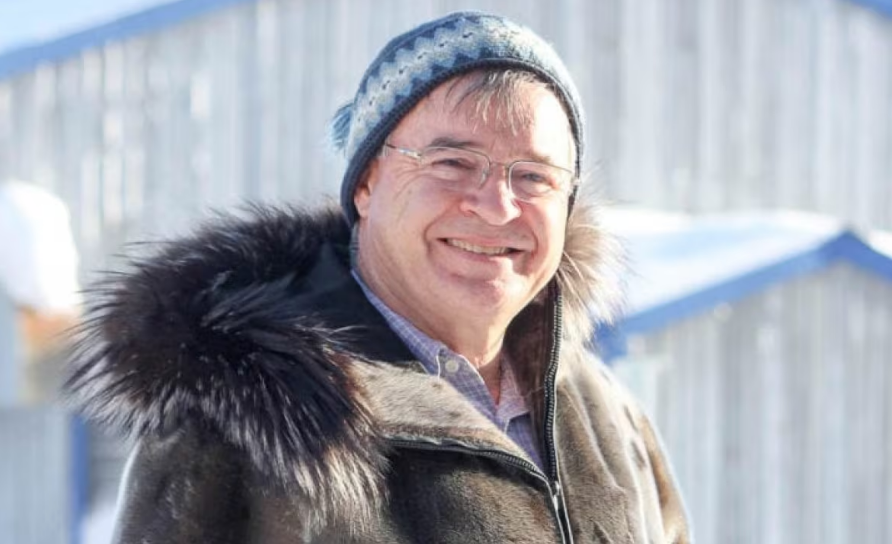N.W.T. senator’s affiliation switch could up influence, add constraint: experts

Sen. Margaret Dawn Anderson is now a member of the Conservative Caucus
Northwest Territories Senator Margaret Dawn Anderson announced last week she was changing her affiliation in the Senate to the Conservative Caucus, a departure from the Progressive Senate Group.
While Anderson has declined to give an interview on the reasons for her move, experts say it may gain her new influence in the Senate, though she may be expected to fall in line with her new party, which forms the official opposition.
As a senator, Anderson reviews the legislation put forward by the elected members of Parliament. Senators are appointed by the Prime Minister to serve until they reach the mandatory age of retirement of 75, or choose to step down first.
There are two representatives for the Northwest Territories on Parliament Hill — one MP and one senator — out of over 400 parliamentarians between the House of Commons and the Senate.
That small representation is the biggest challenge for a Northern senator seeking influence in Ottawa, said former Nunavut Senator Dennis Patterson.
“We maneuver ourselves as best we can so as to have that kind of influence,” he said. “And I think that’s exactly what motivated Senator Anderson in this case.”

Being a member of the opposition provides the ability to ask questions during question period, to criticize bills and to have a bigger say on the work of committees, which are all part of a senator’s influence, he said.
He himself switched his affiliation during his time in the Senate to gain a greater role in a small group.
Patterson said that while it does not happen every month, it is not unusual for senators to change their affiliation.
Anderson said in a press release that her new affiliation does not “reflect a shift in partisanship or ideology.”
Yet joining the Conservative Caucus will come with new expectations for her, said Elizabeth McCallion, a political scientist at the University of Toronto who studies the Senate.
She said the Conservative Caucus values partisanship and generally does not like the idea of an independent Senate.

“The reality is, if she is in the party and using party resources now, she will be expected to behave the way the party wants its senators to behave,” McCallion said.
She said party discipline is not as tight in the Senate as it is in the House of Commons however, and senators in the opposition tend to get a little more leeway.
“But there are expectations around the kind of the policy you’re supporting, the people you’re supporting in the Senate, and the way that you’re voting.”
McCallions said Anderson’s previous group, the Progressive Senate Group, is ideologically connected by progressive stances.
Though Anderson said in a statement that she did not join the federal Conservative Party, the Conservative Caucus is generally aligned with it.
“There’s staffing and budgets that come with being in the Conservative caucus that she may have an eye on using as representative tools,” McCallion said.
“But it’ll remain to be seen how she might use those to her advantage.”
Related stories from around the North:
Canada: Mental health, affordability, climate change among priorities for young Nunavut voters, CBC News
Greenland: Greenland’s new parliament convenes for first time amid Trump pressure, Thomson Reuters



